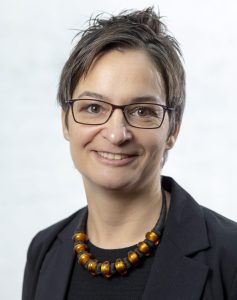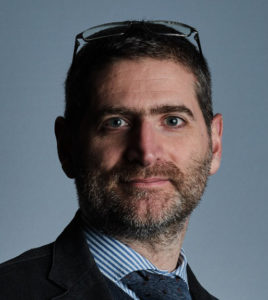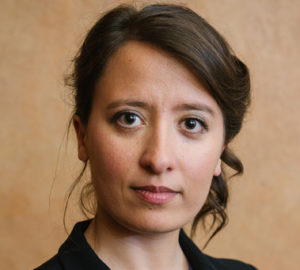The Use of Religious Arguments for the Justification of the Russian Invasion of Ukraine
 Kristina Stoeckl is Professor of Sociology of Religion at the University of Innsbruck (Austria). Her forthcoming book, co-authored with Dmitry Uzlaner, is titled The Moralist International. Russia in the Global Culture Wars (Fordham University Press 2022).
Kristina Stoeckl is Professor of Sociology of Religion at the University of Innsbruck (Austria). Her forthcoming book, co-authored with Dmitry Uzlaner, is titled The Moralist International. Russia in the Global Culture Wars (Fordham University Press 2022).
The Russian war against Ukraine has put a religion at the center of public perception and journalistic reporting that has so far remained largely under the radar of broad public attention: Orthodox Christianity and, more specifically, the Russian Orthodox Church and the Orthodox churches in Ukraine. Nearly every news outlet these days has shown at some point symbolic images of the Patriarch of Moscow Kirill and Vladimir Putin in a gilded church setting. And indeed, this war and the justifications given by the Russian president and the head of the church for the military aggression have made clear how closely the Orthodox Church and the state are linked in Russia. On the other hand, the critical reactions of the Orthodox churches in Ukraine and the Orthodox churches worldwide have also demonstrated that Orthodoxy is not always guided by a “symphonic” closeness of church and autocratic state but that there are also Orthodox voices that speak for democracy, peace, and liberal values.
In this blog post, I focus on the Russian church-state side of this story. For the critical reactions of global Orthodoxy to the Moscow Patriarchate, I refer the reader to the blog Public Orthodoxy of the Orthodox Christian Studies Center at Fordham University and, in particular, to the recent post “A Declaration on the ‘Russian World’ (Russkii Mir) Teaching.”


